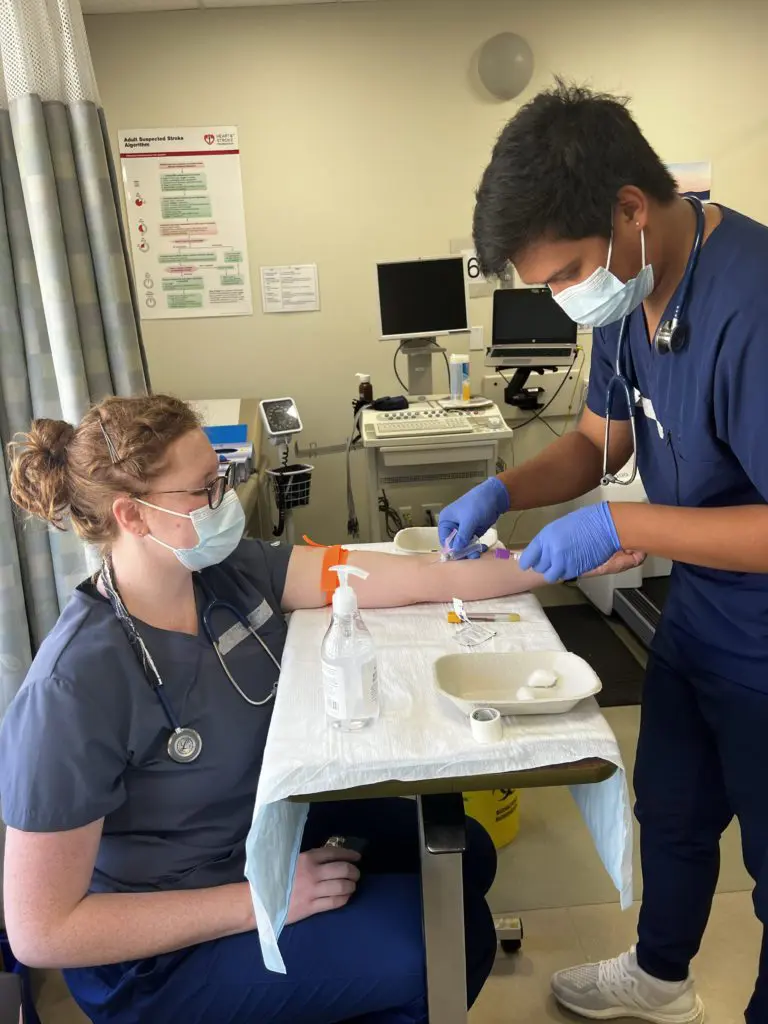Heart disease is the number two cause of death in Canada and the number one cause of death in the US. Cardiologists and cardiology technologists are front-line warriors when it comes to battling heart diseases and dysfunctions, which cause thousands of deaths every year across North America. With colleges now offering online cardiology technician training, it has become easier than ever for students to get involved in this increasingly important dimension of healthcare.
A student of Cardiology Technician training in Surrey, BC, will learn how to administer a range of cardiology tests and procedures used to diagnose heart diseases before they become malignant. Training typically includes ECG testing, stress tests, and Holter monitoring. Faced with a rapidly aging population, Canada is in need of more healthcare workers specializing in cardiology. If you’re considering pursuing this profession, here’s a sneak peek at some of the tools and procedures you’ll use as a front-line defender against heart disease.
ECG Test
An electrocardiogram is a test used to record heart activity and detect cardiac abnormalities by monitoring the electric energy of the cardiovascular system. During this test, the ECG machine will translate the heart’s activities into spikes and dips on paper or on screen. One type of detection an ECG test could make is an irregular heartbeat, which could affect the blood flow to the body or be a sign of serious illness. An ECG test may also be used to diagnose blocked arteries, heart enlargement or a number of congenital heart defects, as well as test the effects of new medications on the heart.
Cardiac Stress Test
For patients at risk of coronary heart disease (such as those with family history or a history of smoking), a cardiac stress test will often be used to monitor their heart’s ability to respond to stress in a controlled environment. To perform the test, the patient’s heart must be stimulated – usually by walking on a treadmill. A graduate from cardiology technician training in BC (or an accredited program in another province) would carry out the procedure by attaching electrodes onto the patient, recording their blood pressure, and any other symptoms that result from the test.
Holter Monitoring
A Holter monitor is an electrocardiography device that actually goes home with the patient. This device has to be portable because it monitors a patient’s cardiovascular electrical activity for multiple days at a time. An extensive recording of data is sometimes necessary in cases where the patient has an irregular heartbeat. Monitoring the electric activity of the cardiovascular system can give doctors insight into what is causing the irregularity, and whether it may be a symptom of a more serious cardiac condition. As a precaution, some patients may also be assigned a Holter monitor after suffering a heart attack, or when they begin taking a new heart medication.
Are you considering becoming a cardiology technologist? What draws you toward a career in heart health? Let us know in the comments.




![An ECG demonstrates the extensive antero-septal-lateral myocardial infarction [heart attack] that Taryn witnessed.](https://stenbergcollege.com/wp-content/smush-webp/2022/12/ecg-1024x530.jpg.webp)





